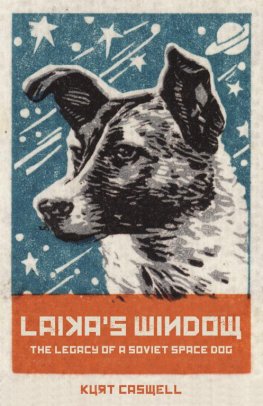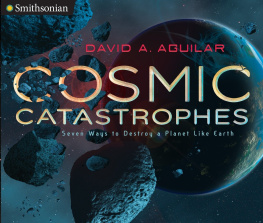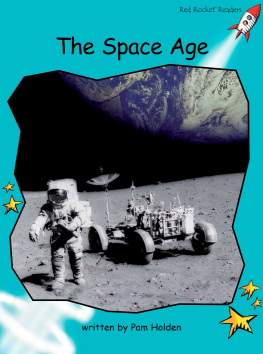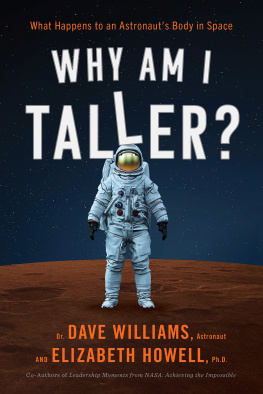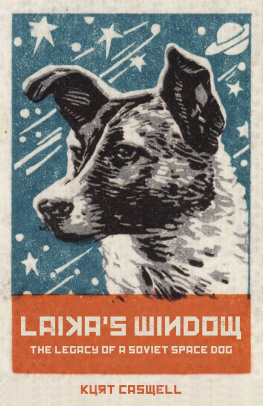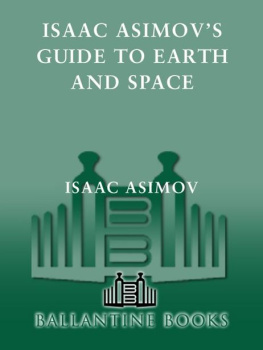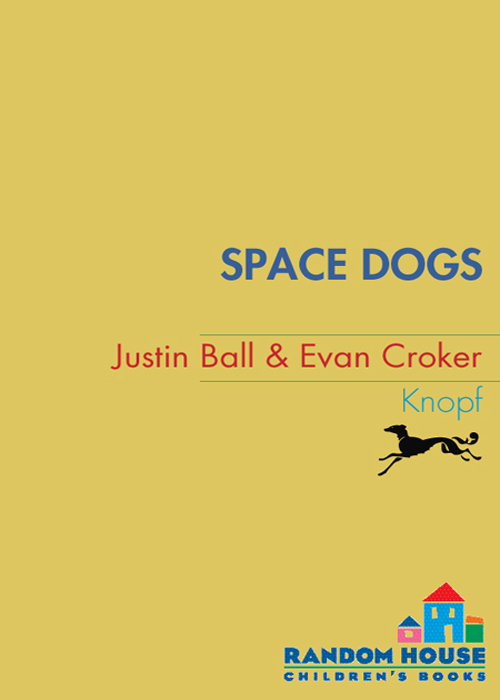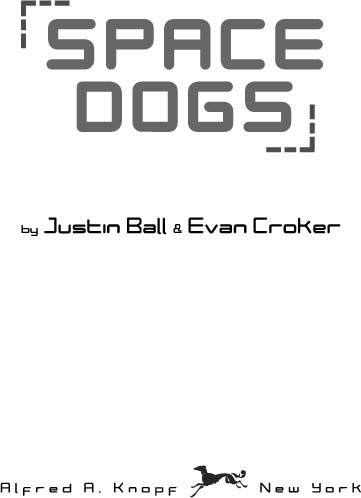Prologue
In 1957 the Soviet Union launched a small silver ball into orbit around the Earth. Sputnik was the world's first artificial satellite, and it amazed everyone with its ability to travel at 18,000 miles per hour and go beep. With this great success under their belts, the Russian scientists at Star City decided they would send up something that would fly even faster and go woof.
It is doubtful that humans will ever know what dogs think about, which is a pity because we could probably learn quite a lot from them. Dogs appear to have a nice take on life. Eat well, get lots of sleep, chase a ball whenever possible, and, if someone's nice to you, be nice to them. They don't understand much more than that. So when a little stray dog called Laika was plucked from the streets of Moscow, she would have had no idea that she was about to become a national hero. As she was checked, tested, weighed, and measured, she wouldn't have understood anything about gravity and escape velocity. All she'd have known was that dog biscuits taste good and that it was much warmer inside than outside on the street. She also wouldn't have had a clue as to why, on one cold, dark morning, she was taken out to a tall, mysterious tower and placed inside a small metal container at the top. Nor would she have had any idea at all why the big, chunky humanwho had given her all the biscuits and who now closed the hatch shutting her inhad a small, shiny tear in one eye.
The time it took for the electrical signal to reach the rocket's engine seemed like a lifetime to the Deputy Chief Mission Controller. He glanced at his superior, the Chief Mission Controller, but by the time he looked back, the rocket had cleared the launchpad tower. The engine screamed, smoke billowed, and a proud Russian voice blared from every loudspeaker on the base. A hundred heartbeats later the craft had punched through the outer limits of the atmosphere and was sailing a silent orbit around the planet Earth.
Orbital tracking? the Deputy Chief Mission Controller asked.
Normal, replied one of his scientists.
Pressurization?
Normal, came the answer.
Electrical responses?
Normal, sir, yet another spoke up.
The Deputy Chief Mission Controller abruptly left his nicely padded, high-backed chair and strode the ten steps to where the Chief Mission Controller sat. His chair had a bit more padding, a slightly higher back, and was situated on a raised platform so that he could look out over the whole Mission Operations Room. A broad grin broke out across the Deputy Chief Mission Controller's face. Zero ten minutes and everything is normal.
The corners of the Chief Mission Controller's mouth turned slightly upward and he nodded slowly. He was jubilant. A buzz of elation quickly sped throughout the control room. Soon everyone was shaking hands and slapping each other's back. Only one rather chunky technician with biscuit crumbs in his lab-coat pocket stood motionless. His eyes were still fixed on the spot in the morning sky where the rocket disappeared from view.
From an orbit of eleven hundred miles, the view is quite magnificent. It is a view of the Earth that is enjoyed by very few humans and even fewer dogs. So it really was a pity that Laika's craft had no windows. If it did, she could have seen the continents and brilliant blue oceans as they slowly passed below her. She could have stretched out her paw and covered half of Africa. Her tail could have flicked from California to New York in a fraction of a second. But she could see none of it: the clouds or the forests or the deserts beneath her, the rich field of stars above her, or the fiery, gold-rimmed circle that lay directly in her path.
Scientists today know very little about space wormholes, and the scientists at Star City who tracked Laika's progress knew nothing at all. The Deputy Chief Mission Controller stood before the Chief Mission Controller with absolutely no explanation as to why Laika's spacecraft had just simply disappeared from their radar screens.
No reason at all, sir. All systems were completely normal, and then it was gone. Just gone, he said nervously.
The corners of the Chief Mission Controller's mouth dropped. He said nothing as he stared with growing intensity at his Deputy.
I suppose the craft just exploded into a million pieces, the Deputy speculated.
Everyone in the Mission Operations Room sat at their stations in silence. Only a soft sobbing sound could be heard coming from the far corner.
Traveling through the wormhole was a bit like being sucked down the plughole of a sink, so while Laika could see nothing, she certainly felt something. She bounced about inside her craft, finding herself upside down, backward, forward, and sideways all at the same time. She didn't like this at all, so she did what dogs do in an emergency. She barked. And she kept on barking all the way down the whirling tunnel. The buffeting grew and grew until, for no logical doggy reason, it stopped. There was a weird floating silence for a moment, followed by a low whistling noise. In the darkness of the capsule a familiar feeling descended on Laika's body. It was gravity, and it was pulling the craft and its canine passenger down. The whistling continued steadily until it was abruptly replaced by a ferocious symphony of snapping, breaking, and scraping. Laika was thrown violently from side to side and top to bottom. The whacks and smacks exploded all around her until there was one very large thud. Laika's journey was over.
A startled bushwalker stumbled upon Laika's crashed capsule in much the same way you stumble upon a ten-story building. The canine astronaut and her spaceship were huge in comparison with the tiny inhabitants of the strange planet she'd landed onthe people of the planet Gersbach stood only as tall as Laika's paw.
At first the Gersbacians were apprehensive of Laika's enormous size, her curious language, and her habit of burying small government buildings; but they were soon won over by her playful good nature. As the years passed, the people grew extremely fond of her, and Laika ended up living a much happier life than she would have on the streets of Moscow.
In the decades that followed, Gersbach's scientists became increasingly curious about Laika's home planet on the other side of the wormhole. It was only a matter of time until they sent someone through.
one
Lucy Buckley stood at the outer rim of the solar system, approximately three and a half billion miles from the Sun and about two and a half yards from the girls' bathroom. Lucy was Pluto, the smallest, most distant, and least significant of all the planets, which was typical really. She held a small marble reluctantly in the air. Neptune, holding a tennis ball, turned around and called out to her.
Go back further!
I can't! There's no room! Lucy shouted.
Sam Chan dashed out from behind the big gum tree and looped behind Lucy. How long are we supposed to be here? she asked, but Sam had already run back toward the center of the solar system. Hey, Uranus! she called out.
What? the boy in front of her snapped back, feeling that he'd been insulted, but not quite sure why.
How long are we going to have to stay here?
I don't know!
Saturn! Lucy shouted to Brittany Ferris and her group of very bored-looking, marble-holding moons.


